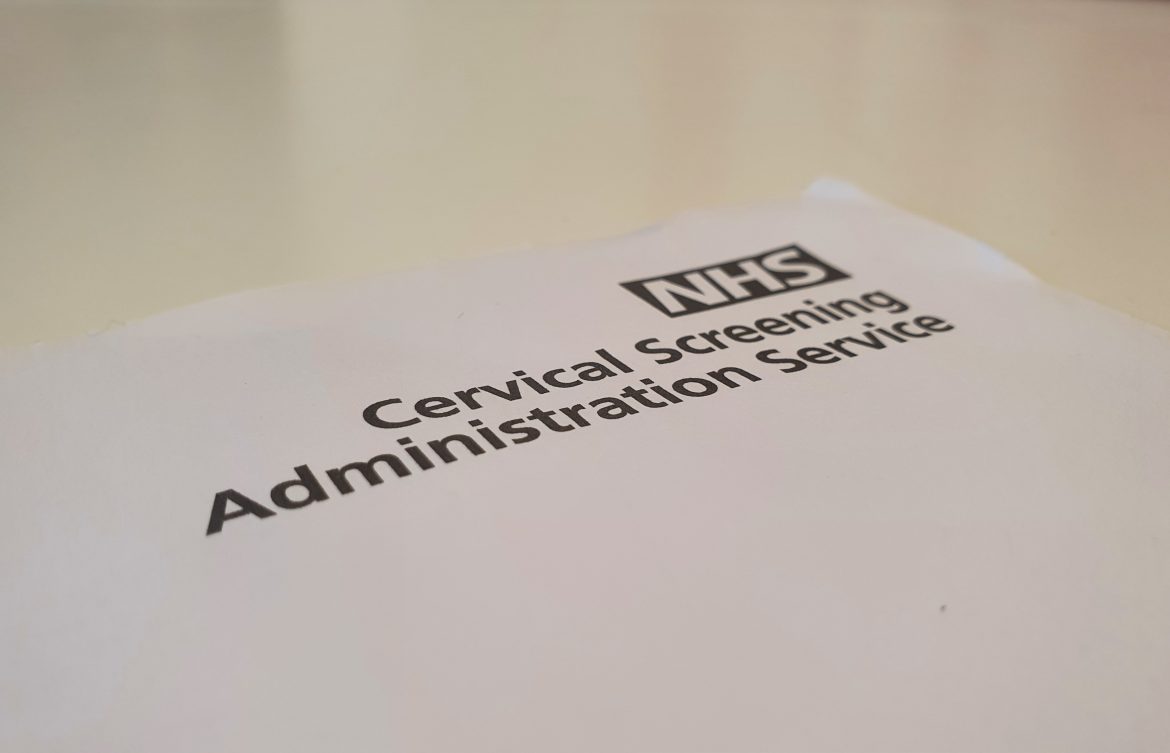There was a significant fall in the number of women attending cervical screening tests in Kingston in 2020 as a result of the coronavirus pandemic.
The number of women who attended tests at Kingston Hospital fell by more than 50 per cent in 2020 compared to the average of the previous four years, according to data obtained through a freedom of information request.
“As figures show, there has been a reduction in the number of women having cervical screening tests,” said a spokesperson for Kingston Hospital.
“These tests are largely managed by GP practices and at present, Kingston Hospital only offers cervical screening to women who are referred to us through their GP or who are also attending our clinics for sexual health or gynaecology.”
Cervical screening is a test for certain types of human papillomavirus (HPV) in the cervix that can cause cervical cancer if left untreated.
All women aged 25-49 are invited for the test every three years, and all women aged 50-64 every five years.
The NHS trust, which is responsible for approximately one in seven cervical screening tests in Kingston, carried out an average of over 2,000 tests a year from 2016-19, but only 994 in 2020.
The impact of Coronavirus
The figures from Kingston Hospital mirror a trend seen across the country.
Scotland, Wales and Northern Ireland suspended cervical screening services in the first lockdown.
While no such measures were enforced in England, many areas saw appointments being postponed or cancelled in order to free up facilities and staff to care for Covid patients.
A survey by cancer charity Jo’s Cervical Cancer Trust in June 2020 found that two million women were unable to access screening or treatment from March-June 2020.
But the numbers also stem from unease about the procedure.
According to Jo’s Trust, five million women are invited for their cervical screening tests every year, but up to one in three will not attend.
Public Health England’s (PHE) goal is for 80 per cent of women aged 25-49 to have had an ‘adequate’ screening test within the last three and a half years, but it is a target that most areas fall short of.
According to data from PHE, over the past four years Kingston has performed better than London as a whole, but it is still below the England average and well below the 80 per cent target.
Coronavirus has worsened attitudes towards cervical screening tests, with data from Jo’s Trust showing that one in eight women are now less likely to attend their screening tests than they were pre-Covid.
“I’ve never liked it and tried to avoid it at all costs,” said Phaedra Towler, a Kingston resident.
“I’ve recently been sent my invite and I know I should go, but it’s made it even more of a worrying process with the whole Covid thing.”
She said that concerns about catching Covid at the doctor’s surgery have left her putting off getting the test done, as well as worries about putting more pressure onto an already strained health system.
Regina, another Kingston resident, said she had similar concerns.
“I felt it’s not very safe to be around hospitals if it’s not a life-or-death emergency,” she said.
“I guess I was just trying to find an excuse to postpone it and then with the Covid panic and advice not to bother GPs I just wasn’t sure it was a legit reason to visit them.”
The importance of screening
According to Jo’s Trust, cervical screening prevents up to 75 per cent of cervical cancers from ever developing.
Kingston resident Sara May previously had a cervical screening test which showed high-grade cells – abnormal cells that may develop into cancer if left untreated.
The screening meant the cell changes were caught early and she has since received the all clear.
She attended her latest cervical screening test in January 2021, and urges others to do the same in spite of Covid.
“The surgeries are open and [doctors] are some of the most mindful people about what’s going on, and also lots of them are now vaccinated as well so there’s much less chance of it spreading,” she said.
Across the UK, the implications of the reduction in screenings are likely to be substantial.
A study by researchers at King’s College London estimated that the initial suspension of services and postponement of appointments could lead to over 600 excess cases of cervical cancer – an increase of over 50 per cent on the usual annual rate.
The NHS Help Us Help You campaign continues to encourage people to seek medical care, including routine screening appointments.
A spokesperson for Kingston Hospital said: “We continue to promote the national NHS campaign to urge the public to seek the care and treatment they may need.”
May also encouraged people to get their test done if they are invited.
“[Covid] could be going on for a very long time… and your body’s not going to stop progressing with whatever’s wrong,” she said.
“[The test] is the same as vaccinations – a preventative measure that saves lives, for free.
“It’s an amazing thing that we have in this country, and we should really use it.”





